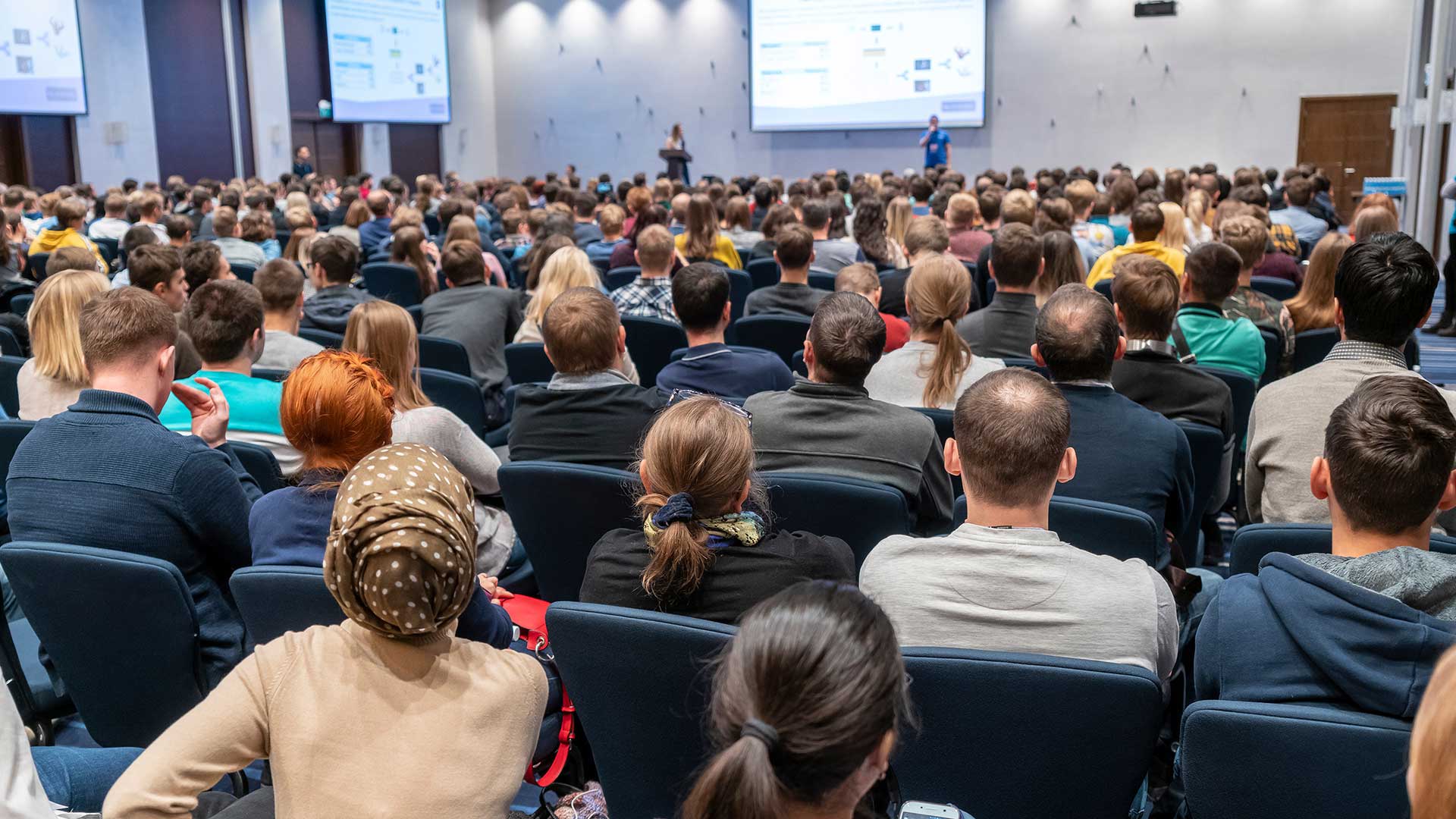As the investor relations (IR) landscape evolves, one transformative force is making an undeniable impact: artificial intelligence (AI). During the recent IR Forum hosted at the Toronto Lumi Experience, industry leaders and investor relations professionals gathered to explore how AI is reshaping how companies communicate, plan, and execute investor days and earnings calls.
Here’s what we learned from their insights and experiences.
From novelty to necessity
AI is no longer a novelty in IR. It’s becoming an integrated part of everyday workflows. According to panelist Jeff Robinson, Sales Director at Lumi Global, companies are embedding AI into standard tasks such as content generation, peer benchmarking, and Q&A preparation. Whether it’s helping IR teams summarize large volumes of market intelligence or tailor scripts to reflect executive tone, AI is quietly powering efficiency behind the scenes.
“You might not get replaced by AI, but you might get replaced by someone who knows how to use it,” said Jeff Robinson, Sales Director at Lumi Global.
Ivan Zarate of Air Canada emphasized that while AI may not yet be replacing core human tasks, it is becoming essential in supporting smaller IR teams juggling tight timelines and growing responsibilities.
Where AI adds value
Panelists and participants outlined several areas where AI is already proving valuable in IR workflows:
- Speech and script generation
- Content tagging and repurposing
- Audience analytics
- Market sentiment tracking
Air Canada, for example, leveraged AI tools through their multimedia team to support slide creation and highlight design for their award-nominated investor day.
The compliance and capacity dilemma
Despite the excitement, IR teams are still navigating the challenges of AI adoption. Chief among them are compliance concerns and capacity constraints.
Ivan pointed out the discomfort of inputting material non-public information into generative AI tools, an area where internal policies and legal guidance are essential. He also acknowledged that the learning curve associated with new platforms can be a barrier for already lean teams.
“It’s sometimes tough to try to do your day job and learn something to help you with it at the same time,” Ivan admitted.
AI in hybrid investor days
The future of investor engagement is hybrid, and AI plays a role there too.
Jeff emphasized that hybrid investor days are essentially two events in one: an in-person experience and a virtual experience. AI can help bridge the two by:
- Personalizing content for online audiences during live breaks
- Analyzing viewer interaction and dwell time
- Improving real-time response to virtual Q&A
Ensuring parity between in-person and online participants is essential for accessibility and reach, particularly as retail investor participation grows.
Looking ahead: what’s next?
The next frontier lies in real-time AI insights during events. Imagine on-the-fly sentiment analysis as executives speak, or dynamic adjustments to content based on live viewer engagement. The technology is almost there and IR teams must be ready to harness it responsibly.
For now, the guidance is clear:
- Use AI for efficiency, not replacement
- Keep human oversight at the center
- Leverage AI to enhance trust, not undermine it
Final thoughts
Implementing AI in investor relations doesn’t mean reinventing your entire function. It means elevating it. By starting small, choosing the right use cases, and ensuring alignment with legal and compliance frameworks, IR teams can begin to unlock the power of AI today.
As Jeff Robinson reminded the audience, “AI isn’t here to take your job. It’s here to help you do it better, faster, and smarter. But don't forget to be polite when interacting with AI... just in case."
At Lumi Global, we're already seeing how companies are starting to integrate AI into their investor communication strategies. If you would like to learn more about how we can help, contact us or schedule a personalized demo.
Speak to the team today to find out how we can support your next IR meeting



